Sunscreen before Moisturizer or after?
| Estimated Reading Time: 7 minutes |
The Sunscreen Shuffle: Revealing the Ideal Sequence for Skincare
Despite being a source of warmth and vitality, the sun is also a serious danger to human skin. Its ultraviolet (UV) radiation can cause skin cancer, premature aging, and sunburn. Fortunately, sunscreen serves as a protection, reflecting or absorbing these dangerous rays.
Table of Content:
|
However, what role does sunscreen play in your regular skincare regimen?

Is it better to apply it before or after your moisturizer?
This post explores the ideal skincare regimen, with a focus on sunscreen use. We'll talk about the benefits of a plant-based diet, the science underlying sunscreens and moisturizers, and the significance of layering correctly.
Optimal Skincare Routine: Moisturize and Protect with Sunscreen Layering
Apply moisturizer first to hydrate and protect your skin, then layer sunscreen on top for crucial UV protection, ensuring a barrier against sun damage.
The Marvelous Moisturizer: Nourishing for Skin
In terms of skincare, moisturizers are the mainstays. By restoring the skin's natural moisture barrier, they stop inflammation, flakiness, and dryness. This water-and-oil barrier is essential for the preservation of plump, healthy skin. This barrier's capacity to keep moisture in your skin and shield it from environmental aggressors like UV radiation is compromised as it declines.
There are many different types of moisturizers, ranging from rich creams to light lotions. Your skin type will determine which moisturizer is best for you. While dry skin is in need of a creamier, richer moisturizer, oily skin may benefit from a lighter, water-based composition.

Sunscreen: The Best Sun Protection
Sunscreens are made with chemicals that block UVA and UVB radiation from damaging your skin. UVA radiation causes wrinkles and early aging by penetrating deeply into the skin's dermis. UVB rays cause sunburns and play a role in the development of skin cancer.
Sunscreens have two functions:
1. Chemical sunscreens absorb UV radiation, which cause the skin to emit heat as a result.
2. Physical sunscreens, sometimes referred to as mineral sunscreens, are composed of mineral particles such as titanium dioxide and zinc oxide that sit on top of the skin and reflect UV radiation away.
Sunscreen options vary, each with its own pros and cons. Physical sunscreens can leave a visible white residue and feel heavy on the skin. Chemical sunscreens might lead to irritation or allergic reactions for some users. Mineral sunscreens may not blend seamlessly with all skin tones and could potentially block pores.
Plant Based Sunscreen
An alternative worth considering is plant-based sunscreen, which utilizes natural botanical extracts for sun protection. Not only does this option offer eco-friendly benefits, but it may also be less likely to cause irritation.
The Layering Logic: The Absolute Rule of Sunscreen
Let's now tackle the crucial query: Should sunscreen be used before or after moisturizer?
The solution is as follows: Use sunscreen as the final step in your morning skincare regimen.
This is due to two key factors:
1. Making Certain Maximum Safety: Moisturizer forms a layer on your skin when applied first. Applying moisturizer on top of sunscreen on top may cause some of it to ineffectively coat the skin's surface, thereby diminishing protective properties of Sunscreen. Sunscreen is best layered last to maximize UV protection by forming the outermost barrier.
2. Preserving the Advantages of Moisturizer: Certain sunscreen compositions have the potential to be drying, which could counteract your moisturizer's moisturizing benefits. When moisturizer is applied before sunscreen, it has more time to properly absorb and start doing its magic.

The Plant-Powered Advantage: All-Natural Skincare Solutions
The popularity of natural and plant-based skincare products is a reflection of people's increasing need for safe, efficient solutions that work with the environment. These products offer a wealth of advantages for a variety of skin conditions by utilizing the power of plant extracts and essential oils.
Concentrated plant material that captures the essence of a particular flower, fruit, root, or leaf is called a botanical extract. These extracts, which are rich in vitamins, antioxidants, and other bioactive substances, provide a focused approach to skincare. For example, green tea extract is an antioxidant powerhouse that fights free radicals and helps to look younger, while chamomile extract has relaxing qualities that make it perfect for relieving irritated skin.
Conversely, essential oils are highly concentrated aromatic liquids that are derived from different parts of plants. When utilized carefully in skincare products, they provide a host of advantages. Tea tree oil is a popular option for skin that is prone to breakouts due to its inherent antibacterial qualities. Due to its soothing and relaxing scent, lavender oil can help induce deep sleep and lessen the look of tension on the skin. We also have other plant based ingredients like Eladi Tailam, which nourishes and repairs skin, Kumkumadi Oil enhances radiance and texture, while Almond oil improves tone, complexion, and texture for revitalized skin.
Beyond its efficacy, plant-based skincare is appealing. The ethical and environmental activities that these brands are frequently linked to are highly valued by consumers. In general, substances originating from plants are thought to be a more renewable resource than their synthetic equivalents. Furthermore, harsh chemicals and parabens—which some people might be worried about using on their skin—are frequently avoided in these cosmetics.
Although there are many advantages to plant-based and natural skincare, it's important to select products that are tailored to your unique skin type and issues. It is generally advisable to patch test new products on a tiny section of your skin before using them all over your face.
You may naturally go towards beautiful, healthy skin by embracing the power of botanical abundance.
The following are some possible advantages of utilizing sunscreens and moisturizers made from plants:
1. Softer on delicate Skin: Compared to conventional cosmetics, plant-based solutions are typically less abrasive, which makes them perfect for those with delicate skin.
2. Packed with Antioxidants: Antioxidants, which are abundant in plants, help fend against free radicals, lessen inflammation, and enhance general skin health.
3. Sustainable Choice: A lot of plant-based skincare companies put an emphasis on sustainable methods, which may appeal to customers who care about the environment.
Welcome to Blue Nectar, Your Passway to a Well-Nourished and Safe Canvas
Blue Nectar provides a pair of plant-based skincare products that are meant to streamline your regimen and give full-spectrum UV protection:
2-in-1 Moisturizer and Sunscreen Based on Plants:
- This moisturizer leaves your skin feeling nourished and glowing while providing much-needed hydration. Rich in components from plants, it offers a mild and efficient foundation for your sunscreen.
- Sunscreens Without Chemicals, A selection of chemical-free sunscreens with SPF 30 and SPF 50 protection is available from Blue Nectar. All skin types can use these sunscreens because they are made with non-nano zinc oxide and don't leave a white cast.
Plant-Based Skincare Duo for Nourished and Protected Skin
At Blue Nectar, we offer a 2 in 1 plant-based moisturizer that keeps your skin nourished and radiant, paired with a chemical-free sunscreen that leaves no white cast.
Uncover the Uses of Blue Nectar Sunscreens: Embrace the Sunshine, Not the Burn
For both men and women, Shubhr Coconut Sunscreens provide a plant-based solution to sun protection which comes with Spf 50. We also have sunscreen available in SPF 30 and 50 you may customize as per your needs.
For individuals who like lightweight hydration combined with sun protection, the SPF 30 variants are perfect, as they are appropriate for everyday use or moderate sun exposure. Whether you're taking a leisurely stroll or doing errands, these face creams defend your skin from damaging UV rays while maintaining its comfort and moisture content.
An additional layer of protection is provided by the SPF 50 lotion for prolonged outdoor activities or extreme sun exposure. Because coconut is known for its moisturizing qualities and ability to leave skin feeling soft and supple, it is an ingredient in all Shubhr Coconut Sunscreens. For individuals looking for a safe and natural approach to protect their skin while enjoying the outdoors, these sunscreens are an excellent option because of their plant-based components and emphasis on nourishment.
Result: An Encased and Radiant You
Sunscreen is an essential component of every skincare regimen. You can guarantee the best possible protection from the sun's damaging rays by learning the science underlying moisturizers and sunscreens and using the appropriate layering strategy. Additionally, experimenting with plant-based skincare products can offer a kind and nurturing method of obtaining glowing, healthy skin.
Recall that consistency is essential!
Even on overcast days, always wear sunscreen. Reapply it every two hours, or more frequently if you perspire or swim. You may embrace a healthy glow all year long with a well-rounded skincare regimen and priority sun protection.
Recommended Products by Blue Nectar:
Niraa Shea Butter SPF 30 Face & Body Lotion | Skin Brightening & Sun Protection


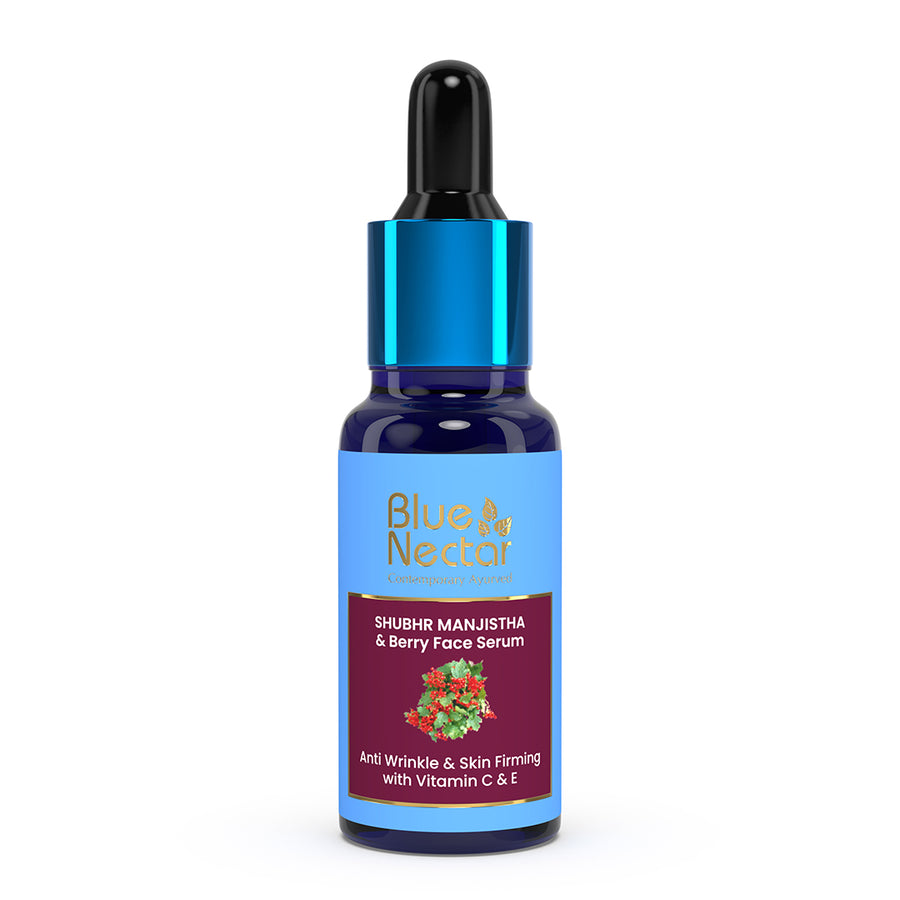

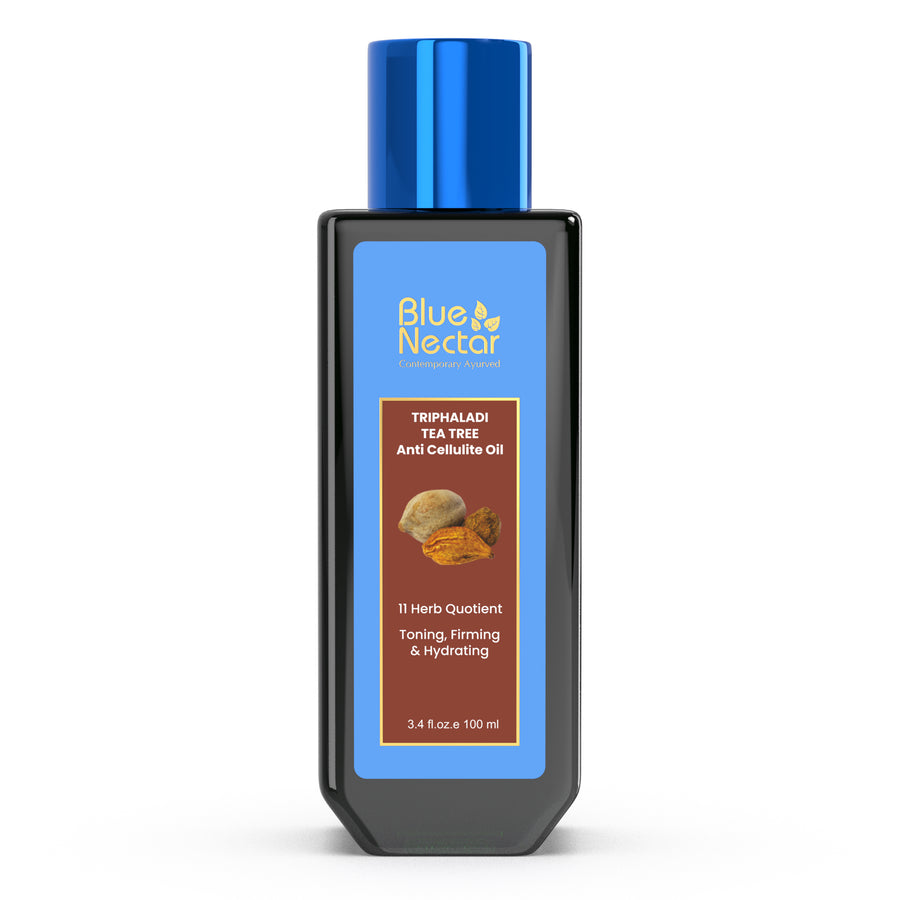
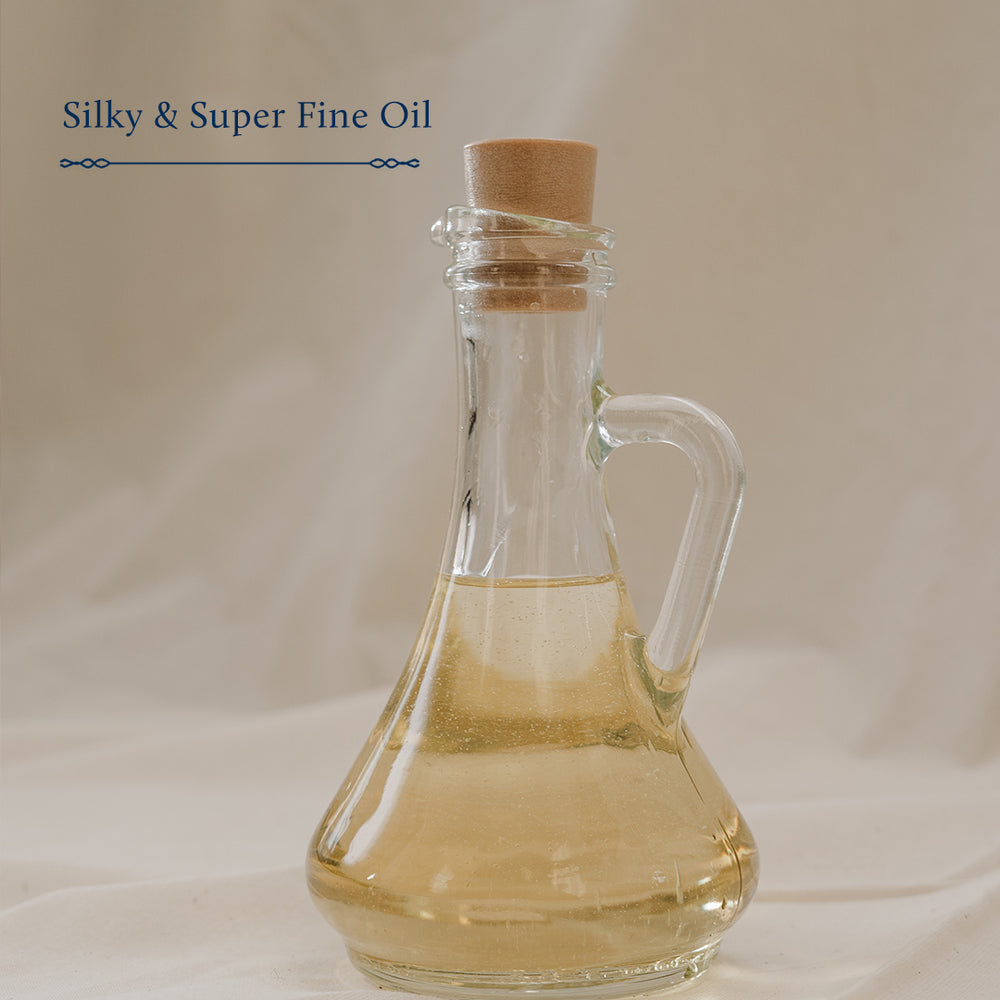
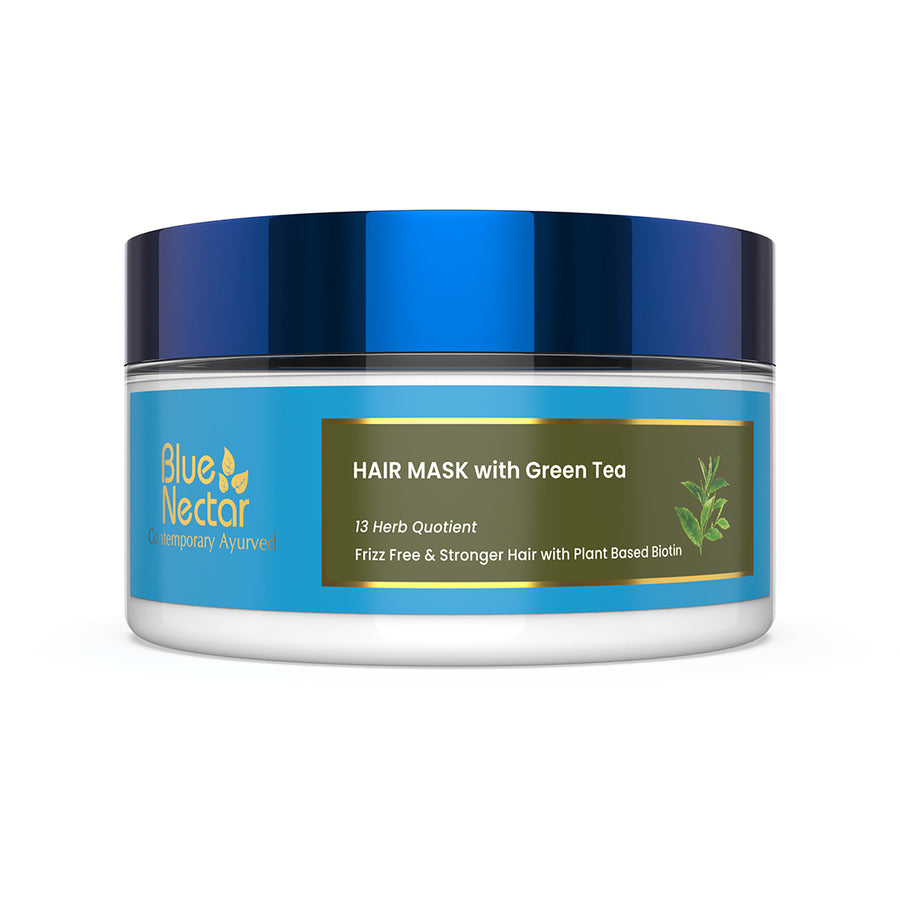
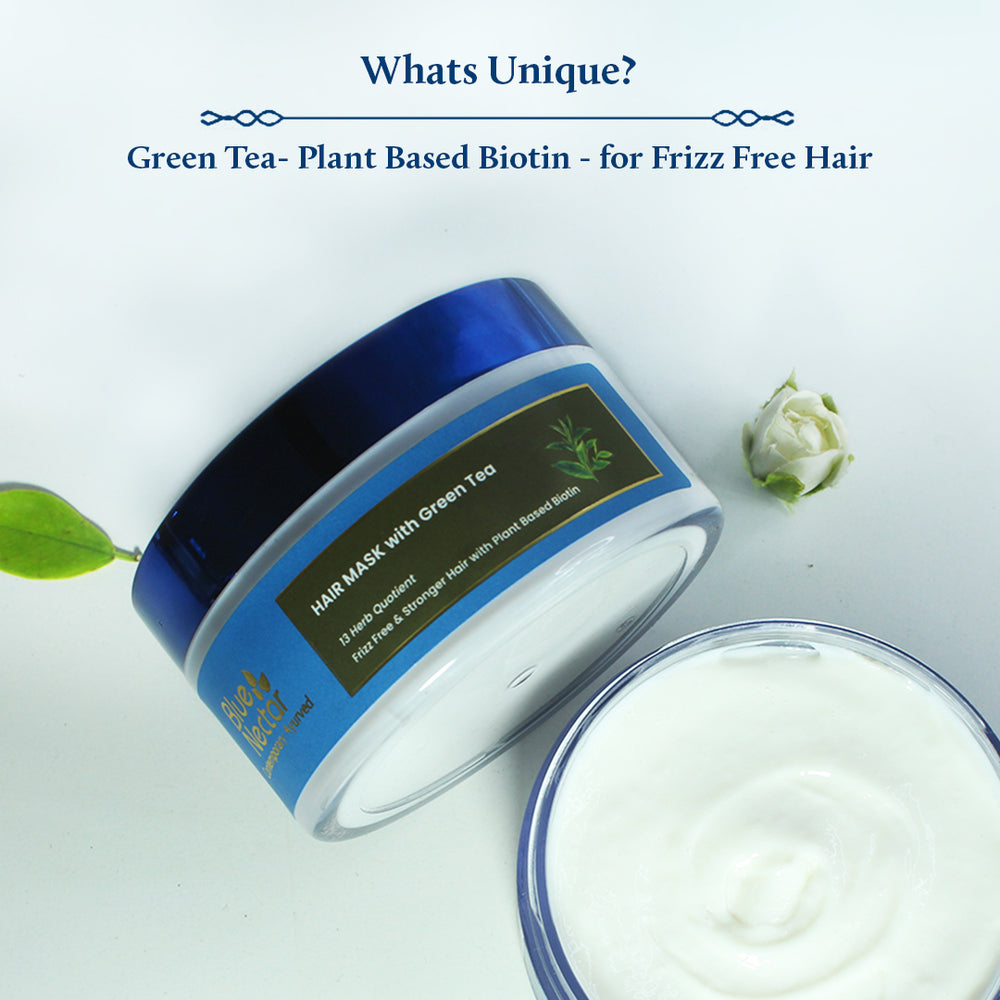


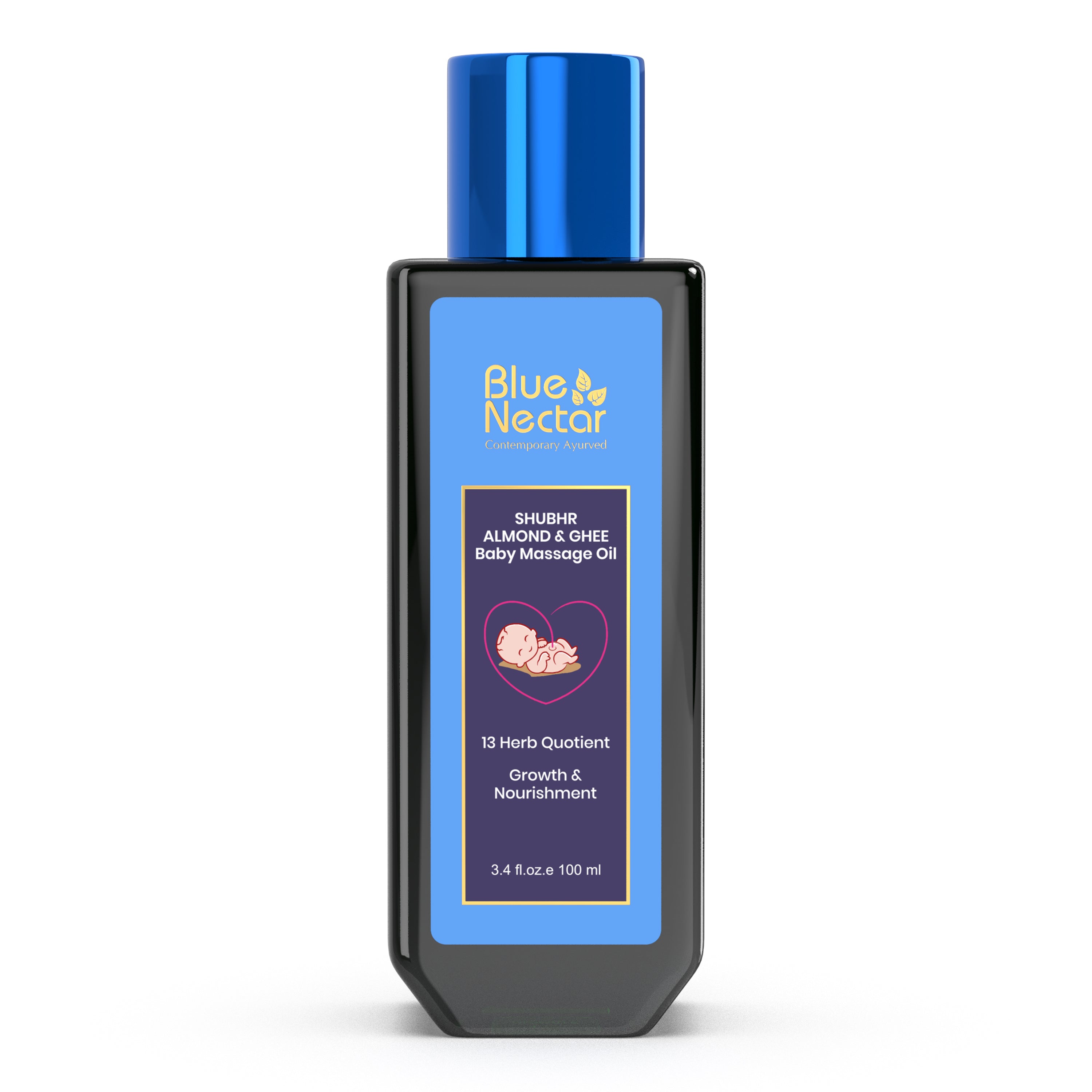



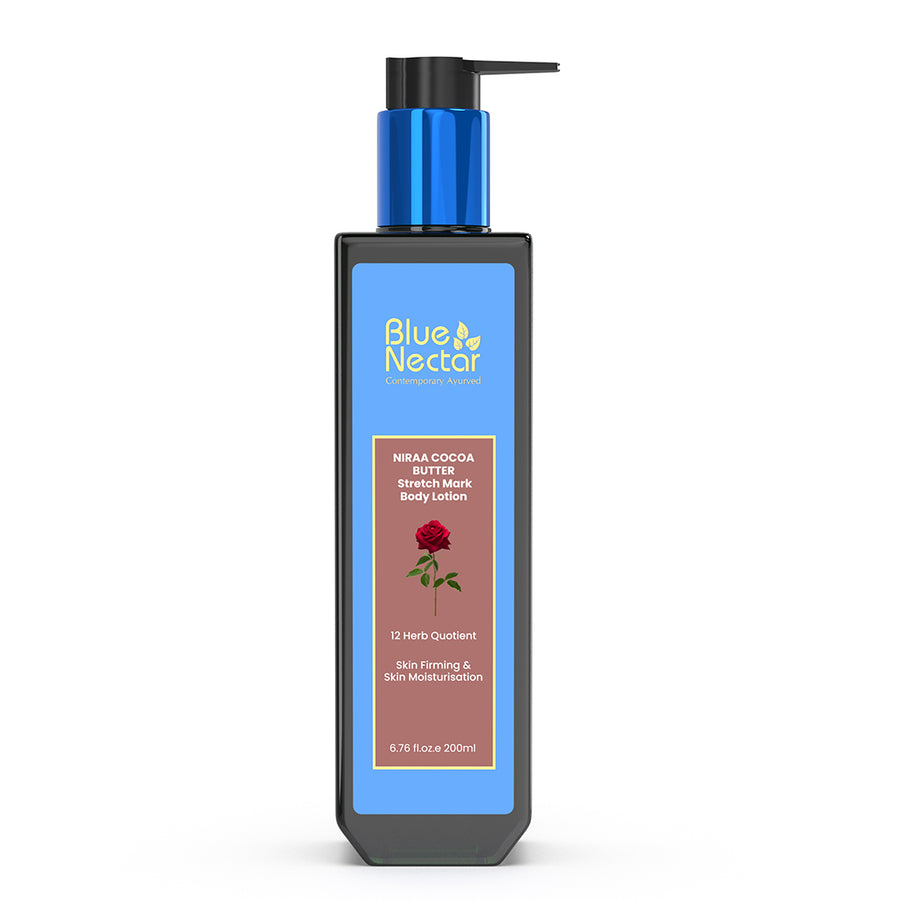

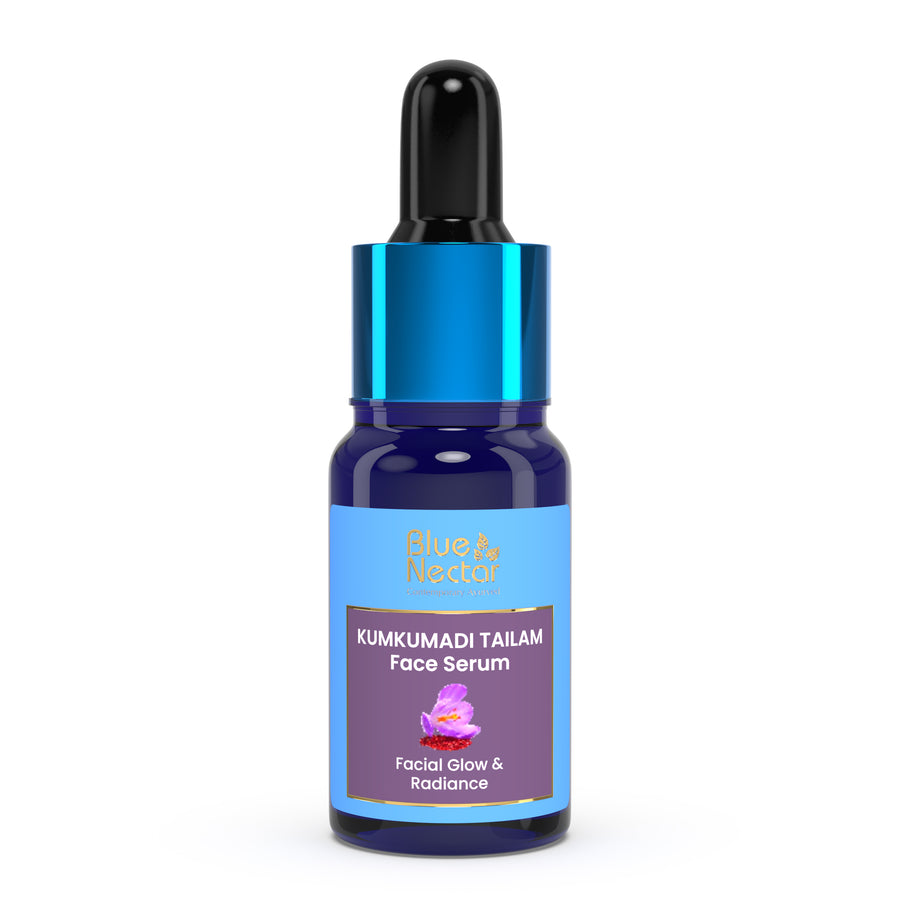
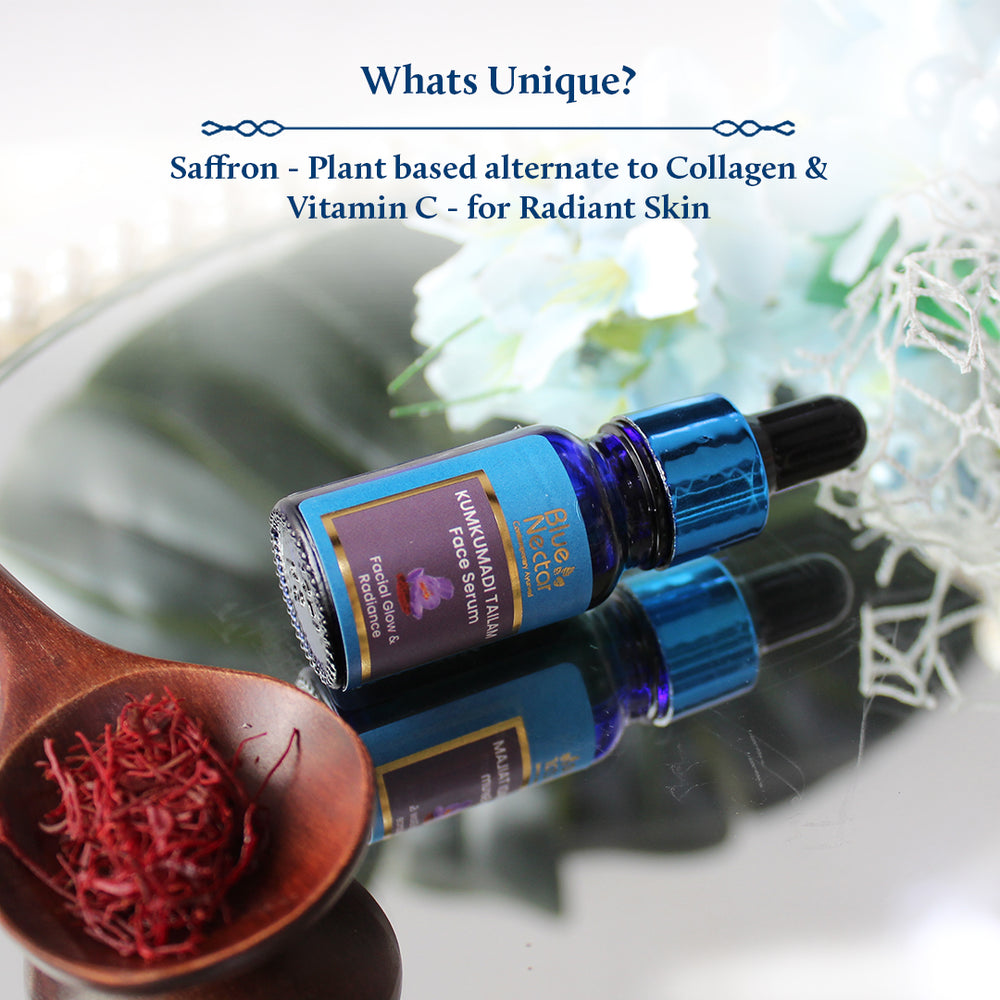
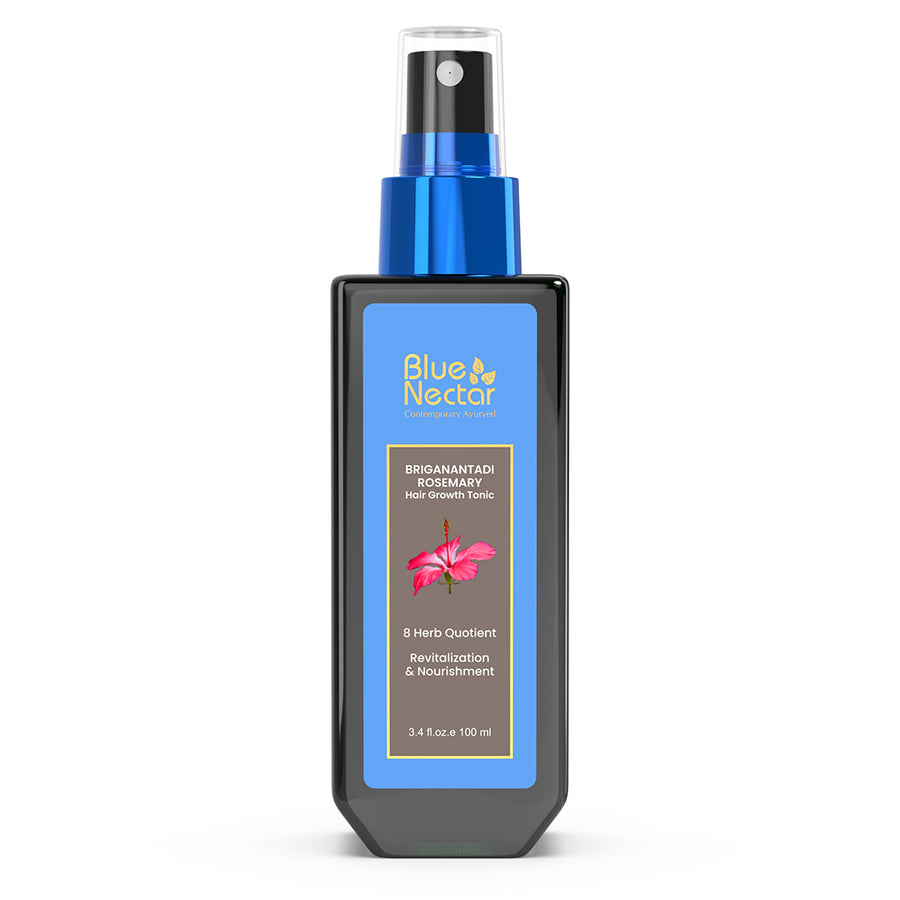
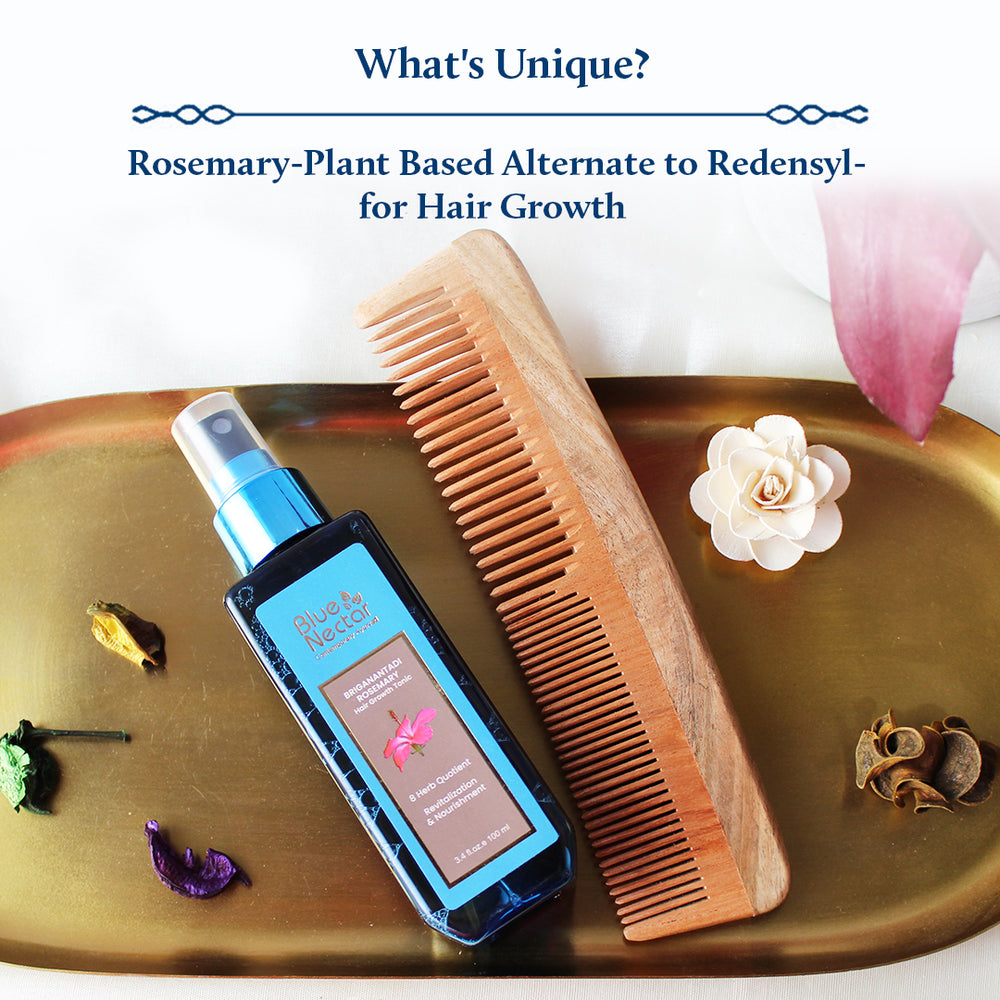

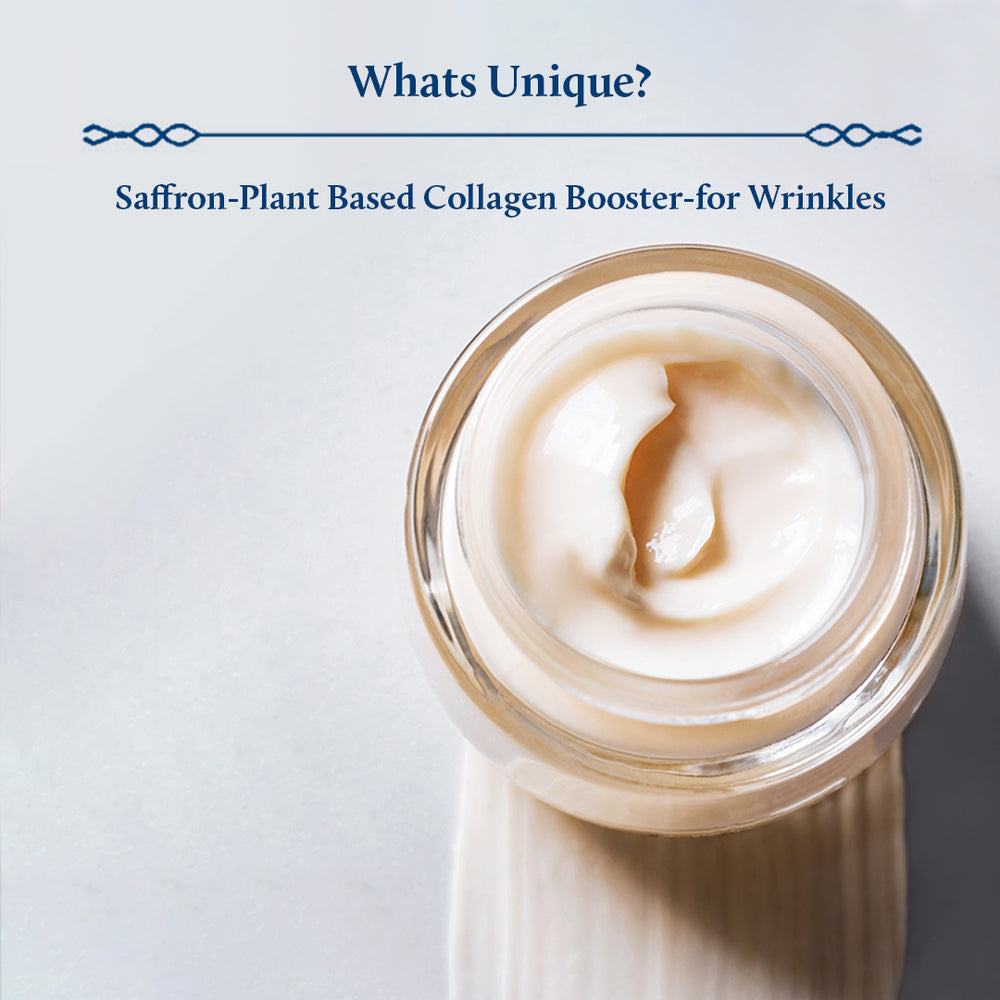
Leave a comment